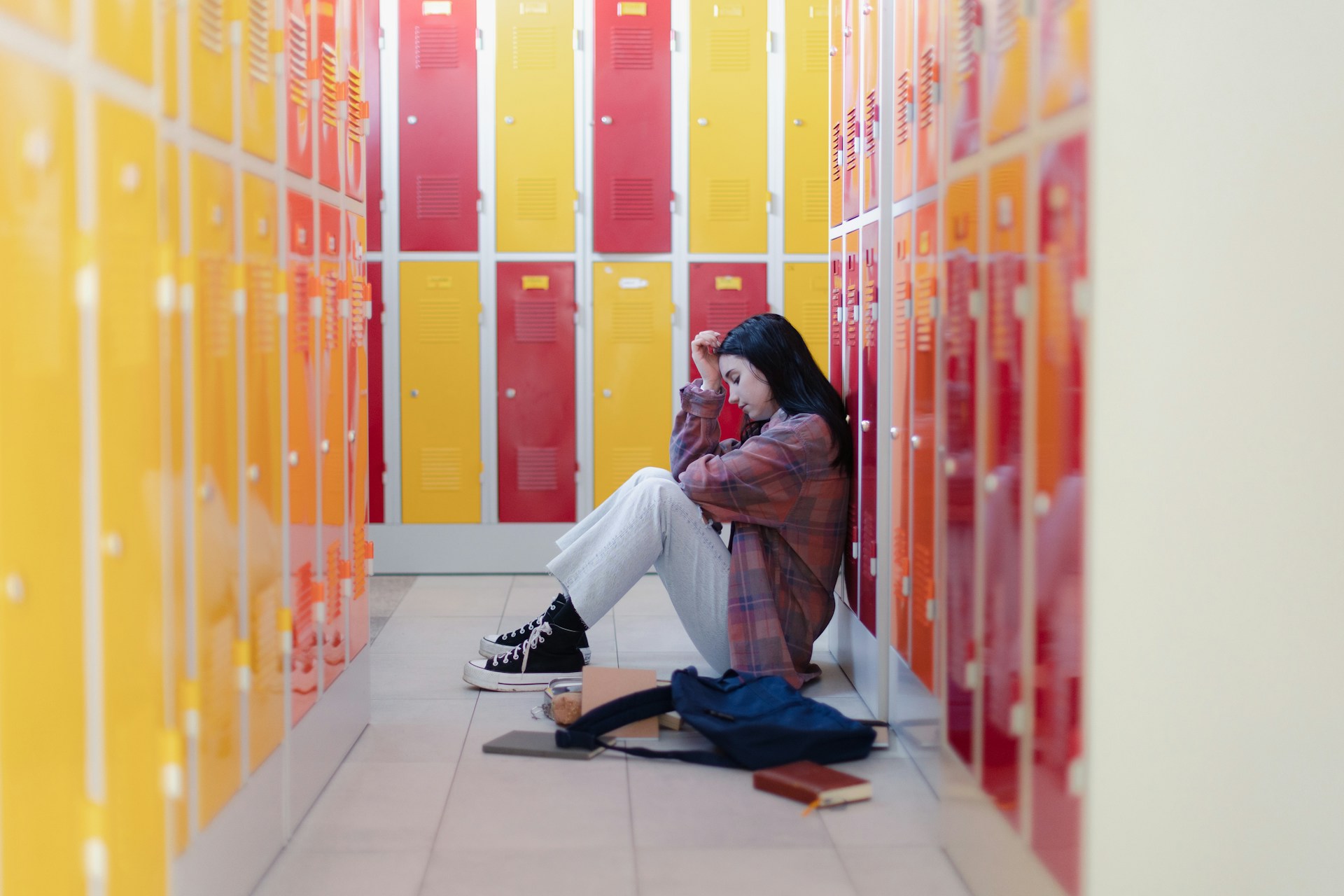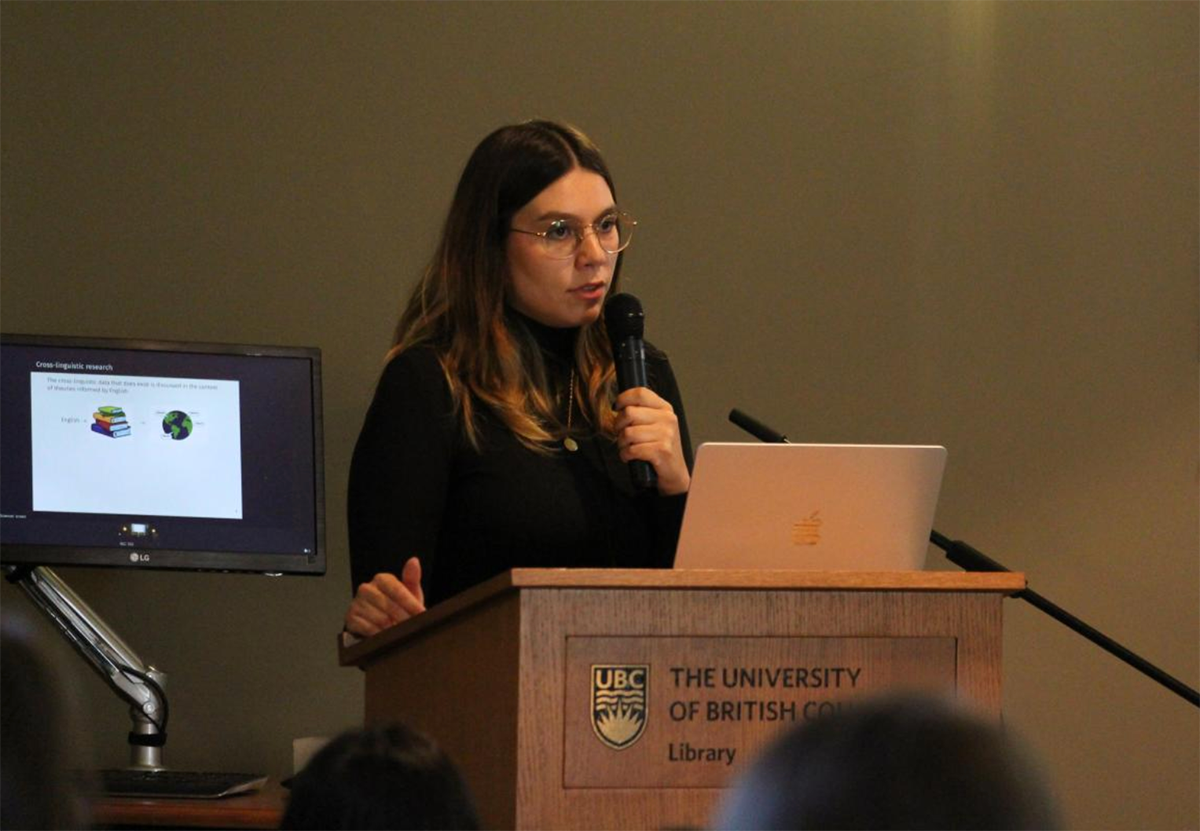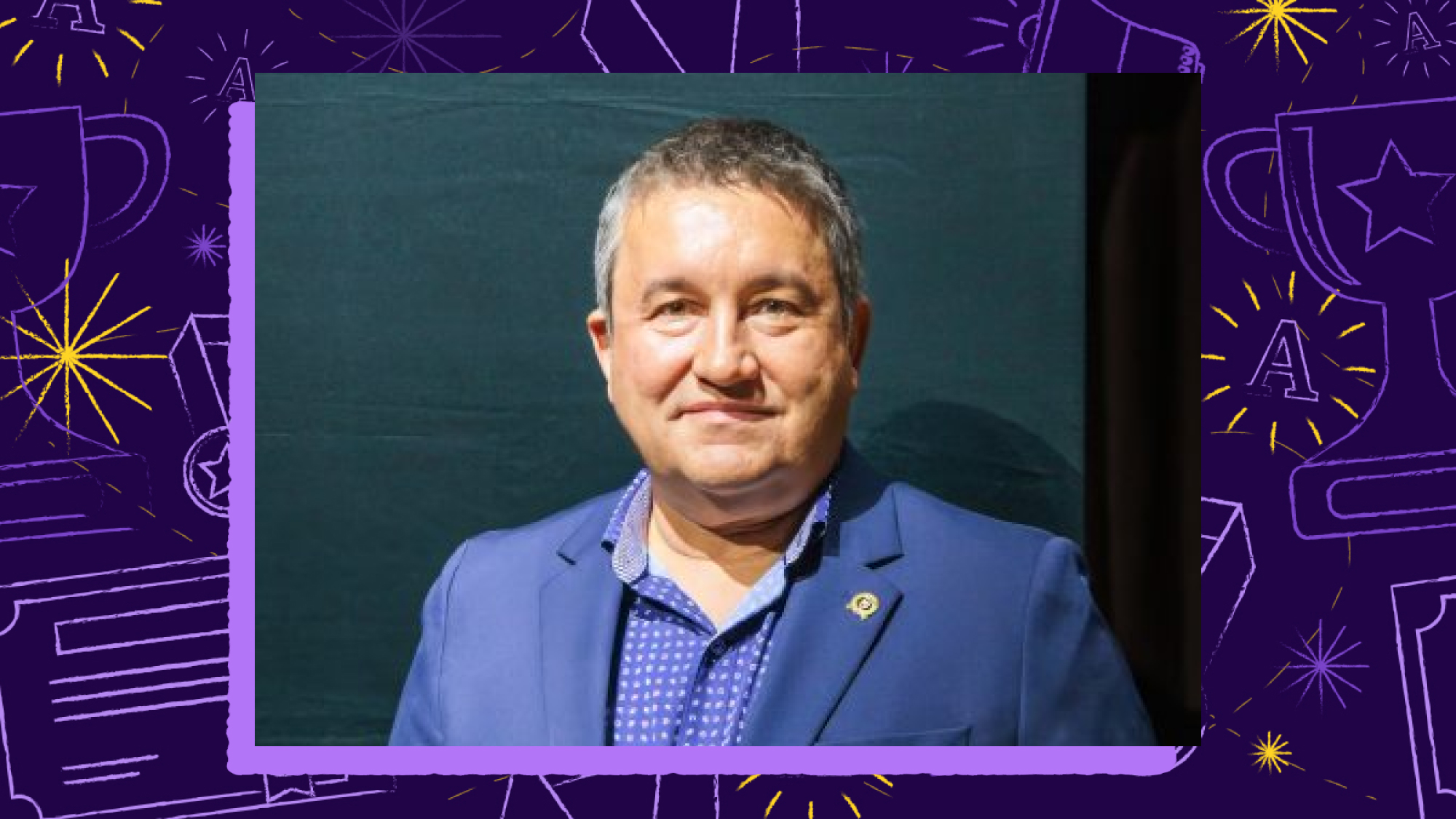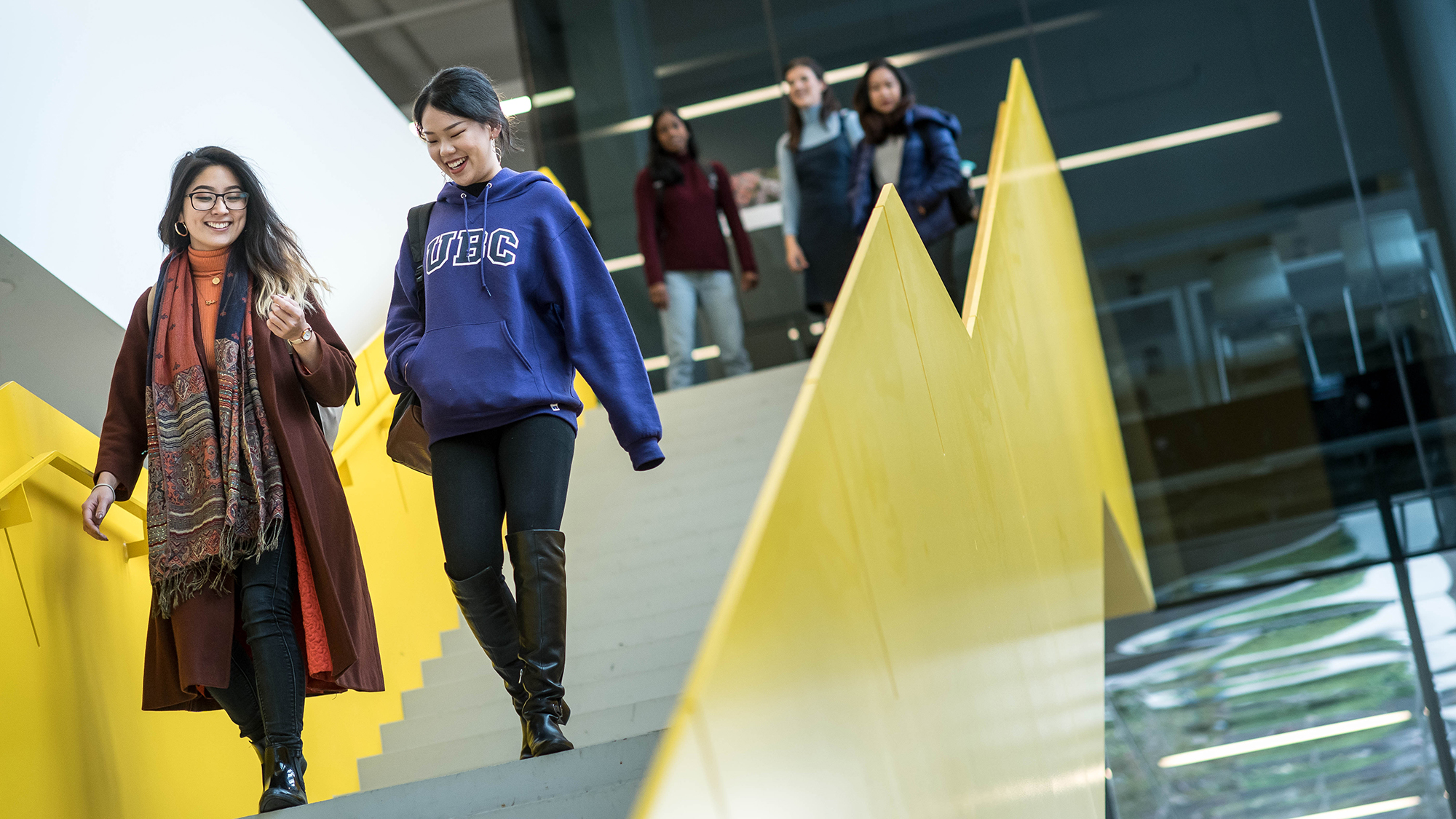
How to set yourself up for career success and make the big decision around staying local or returning home
International Students face particular challenges when it comes to making the transition to the workforce – from managing family expectations to adapting to a new work culture. We reached out to two Arts alumni who’ve navigated this transition, and they have some advice to share.
Julianna Bouso Rodriguez (BMus’17), who grew up in Venezuela, fell in love with UBC after exploring the campus and the city during an IB World Student Conference in 2012. In Arts, she found her particular niche in applied music technology. Following graduation, she’s landed several roles in Vancouver as an audiovisual technician.
Tomo Yamaguchi (BA’18, POLI) had her mind blown when she discovered UBC had both an ice rink and a beach during a virtual tour. After leaving Japan for UBC, she surprised herself by returning after graduation when she landed a role as Talent Acquisition Partner at IBM.
1. Get out & get involved
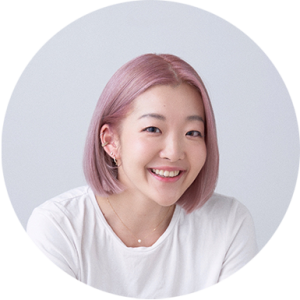

Tomo Yamaguchi (BA'18, POLI)
Every student who is new to UBC will take some time to settle in, and this may be especially true for international students, who are new to the city and country as well. The best way for international students to get acclimated is to get involved. “Try to go to as many events as you can!” says Julianna. “Translink is your best friend! Go to the mountains, go on hikes, check out a restaurant downtown, get on the bus and go wherever it takes you!”
Tomo encourages students to get involved on campus. “Do what works for you,” she says. “Getting involved with the Arts Undergraduate Society was an absolute highlight of my college experience, but the options are endless! The small pockets of community that I became a part of through my extracurriculars and off-campus jobs were what finally made me feel at ease.”
2. Come for the free pizza, stay for the networking
You may be new to Canada, but there are still plenty of opportunities at UBC to begin developing a professional network.
“Cold-emailing strangers on LinkedIn is terrifying but absolutely worth it, trust me!” says Tomo.
“Get to know your professors,” says Julianna. “They are not only a well of wisdom, but they will also help connect you to a broader network of people. Also, events, events, events! Take advantage of all of the amazing career events that UBC puts on.”
“And actually stay for the networking portion of the event after scarfing down the free pizza (guilty),” Tomo adds.
3. Adapting to a new (work) culture


Julianna Bouso Rodriguez (BMus’17)
Your Arts degree is preparing you to take on challenges such as adapting to a new culture or returning to the culture you grew up in, albeit with new knowledge and perspectives.
“My Arts degree informed me and taught me how to be aware of my surroundings, the space I occupy, my own privilege and interpersonal relationships,” says Julianna. “I think my Arts degree set me up to successfully continue to grow my career in Vancouver without having to try too hard to adapt.”
“An Arts degree nurtures and encourages a deeper understanding and appreciation of humanity whilst exploring a plethora of fields,” adds Tomo. “The adaptability and soft skills that I’ve acquired through my degree have proven to be invaluable assets in my (eclectic) career path thus far.”
4. Learn to be open and honest (with yourself and your family)
For many students, career choices come with the added pressure of family expectations. It took time for Tomo to have the confidence to be open and honest with her parents.
“I avoided several important conversations in the beginning of my career because I was afraid of my parents’ disappointment,” she says. “I’ve only recently come to terms with the fact that my ideal path (or maze, more like) does not have to mirror their vision for my future.”
“Learning to be open and honest about the ups and downs of my life has allowed for a more understanding relationship.”
5. Resources – and community – to the rescue
As you prepare for the transition from school-life to work-life, drafting resumes and prepping for interviews, UBC has a range of resources available to you.
“UBC has amazing resources,” says Julianna, name-dropping International Student Advising, her Music Student Advisor, her Enrolment Services Advisor, and the UBC Career Centre. “One thing that always helped me was thinking that I wasn’t in it by myself. There were others like me, applying for work permits and filling out lengthy forms. We had a small support group of international soon-to-be graduates, and we supported each other throughout the journey,” she adds.
For Tomo, it was a combination of Googling—“a whole lot of desperate 1AM ‘how to send a follow up e-mail after an interview’ and ‘I have nothing on my resume’”—and leaning on her older sister. “The most valuable piece of advice she gave me was to not take rejection personally and to move on swiftly. Though it was difficult not to get discouraged from the mounting number of rejection e-mails, I was able to keep at it because I learned not to equate interview results with my self-worth.”
6. How to make the big decision
Finally, we come to the big one: should you stay or should you go?
Julianna decided to stay. For her, it came down to the community she had formed. “I had found an amazing community of people around me that helped me decide to stay here.” She found work opportunities that lined up with her particular niche, and she fell in love. “With the city, with nature, the spirit of the city, and fell in love literally. I get married in a month!”
Tomo, on the other hand, found a perfect opportunity at IBM in Japan. “It was a natural decision given the myriad of opportunities it seemed to present,” she says.
For students facing this big decision, Tomo offers this helpful advice: “Choose a location and opportunity that truly excites you in that given moment, rather than to pick something that slots perfectly into your five-year plan. Regardless of whatever you choose, know that your career is malleable; your first job is not going to be your last.”
“I am a strong believer in prioritizing mental health,” says Julianna. “If you’re happy here and have opportunities here, then stay! But if you feel like you could be happier or grow more somewhere else, then the world is your oyster! It’s never been easier to move around the world than it is right now, and your degree will open doors for you.”
